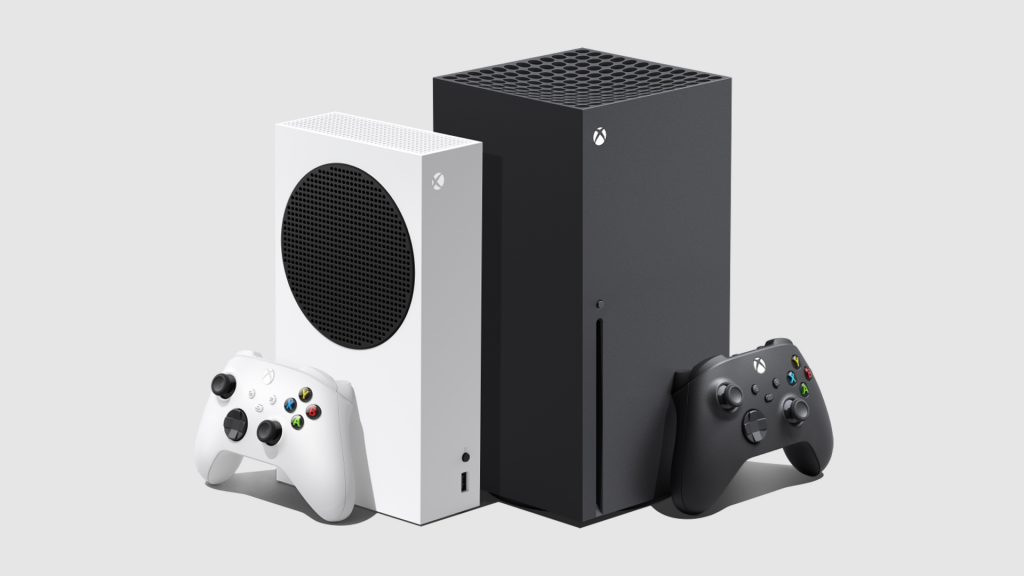A lot of things will define this year, things far more important than games, but nonetheless we did get a new generation of consoles launching to top off the historic year. On the Microsoft side, we got two different consoles, the Xbox Series X and the Series S. It’s a unique concept for a console launch with one being the higher-end machine and the other being the lower-end more affordable one. It seems for now Microsoft is weighting toward the X, but that could change.
In an interview with The Verge, Spencer revealed that the actual production of the Xbox Series X/S did not begin until late summer as the company had to wait for specific tech from their chip partner, AMD. He also revealed that the company produced more Series X consoles than Series S. That’s probably not too surprising as it was reported that stores got more of that console than its younger brother. However, Spencer has signaled in the past he thinks the Series S will be the bigger seller in the long run, and says that ratio is probably going to be re-evaluated as time goes on.
“We figured that our first holiday, and probably our second holiday, you would see more of the higher end SKU, the Series X sold. We built more Series Xs than we did Series Ss.
“I think when we go into spring and summer, we’ll probably moderate that a bit. Over the long run, in most cases, price wins out. If you just go back and look at previous generations and when console generations hit the real sweet spot of sales, which is one of the reasons we like having that, that’s the Series S at its price point.
“Then when we go back into next holiday, which we’re already thinking about with supply chain and build, we’re already in that framing, trying to look at what we think our ratio should be between the two.”
It makes sense considering early adopters are most likely going to shew towards the higher-end system. The Xbox Series S has been something of a controversial machine with a lot of people weighing in on whether it’s a good or bad thing for the industry. It’ll be interesting to see how the trends continue for the system as it goes on. For now, however, it seems there will be stock shortages for both systems until some time next year, so it’ll be awhile before we have a solid grasp one way or another.

